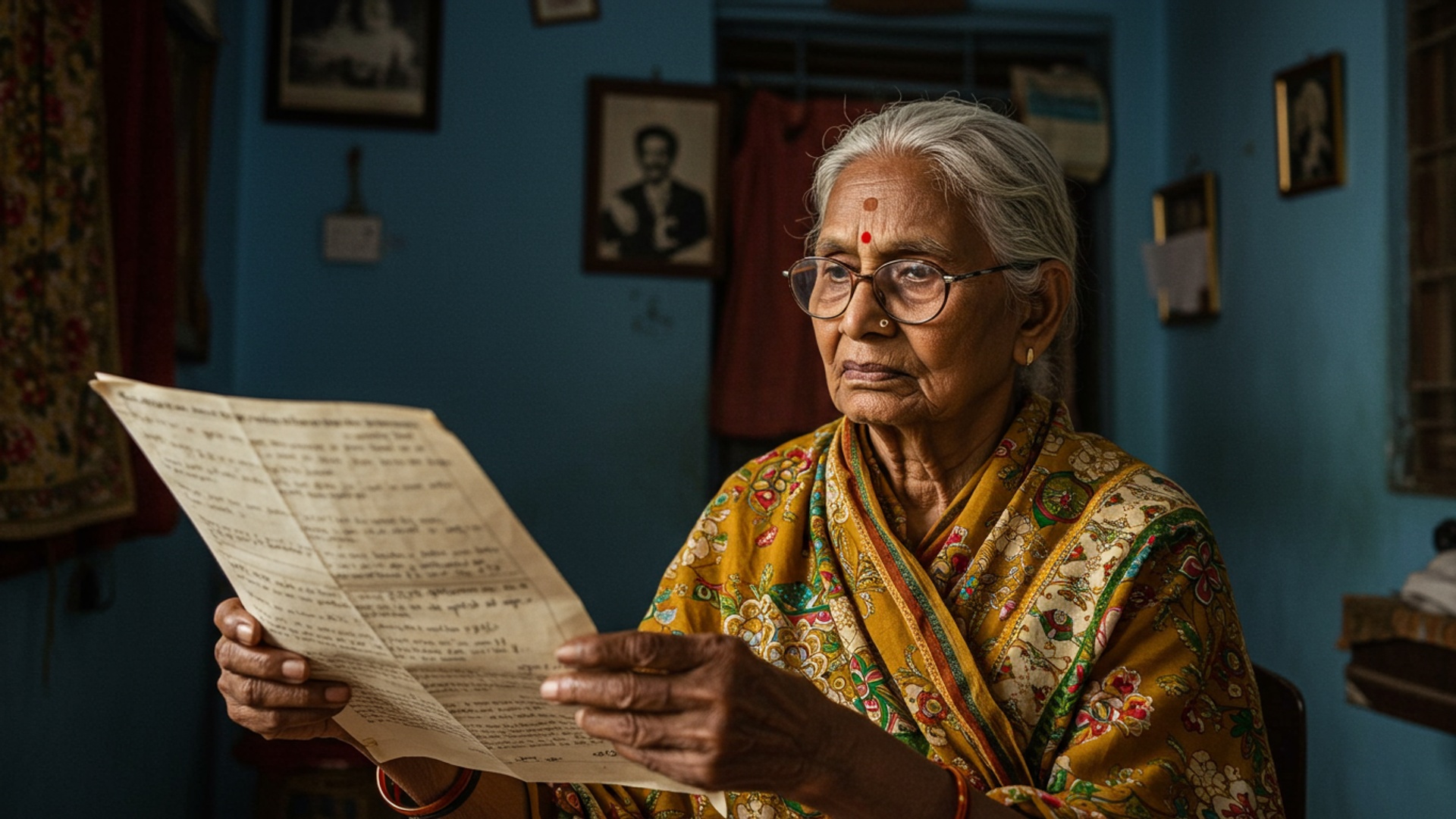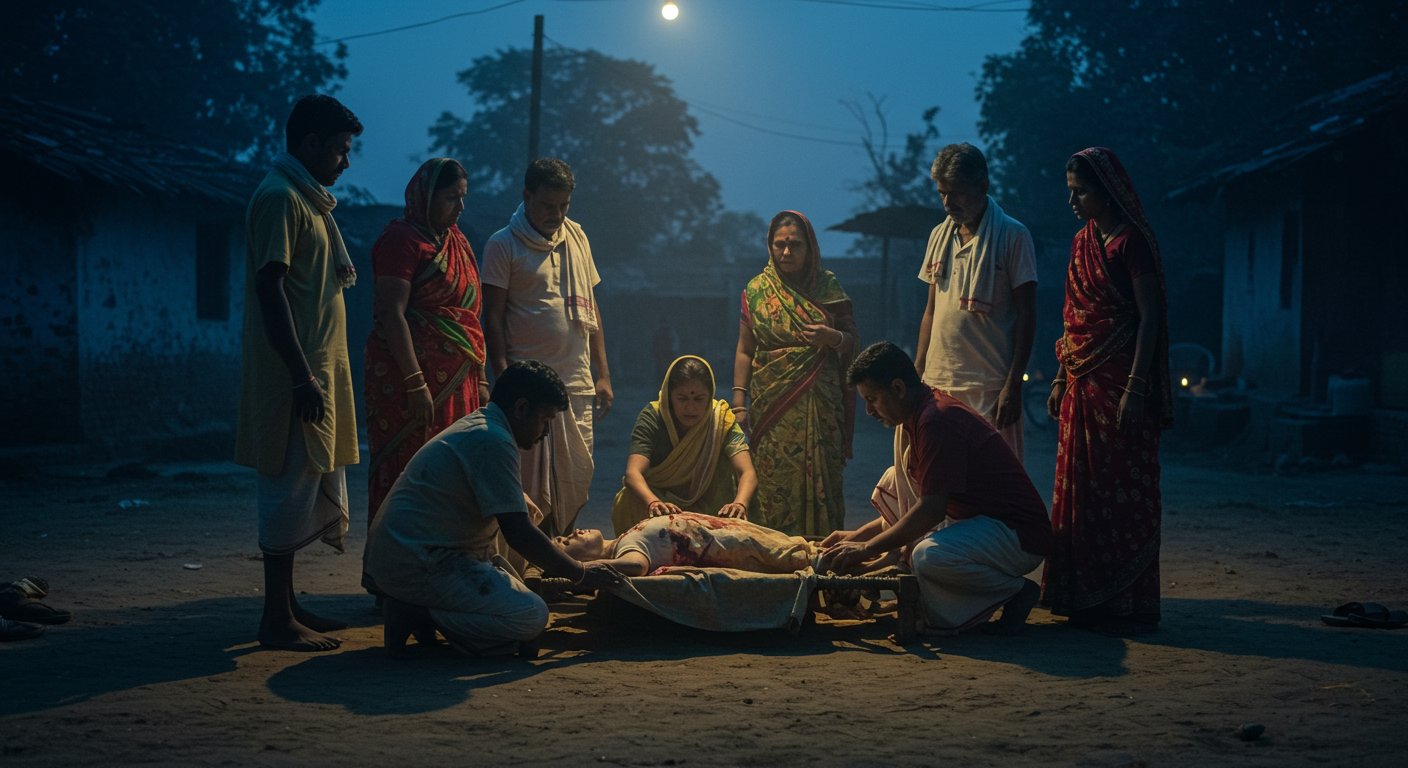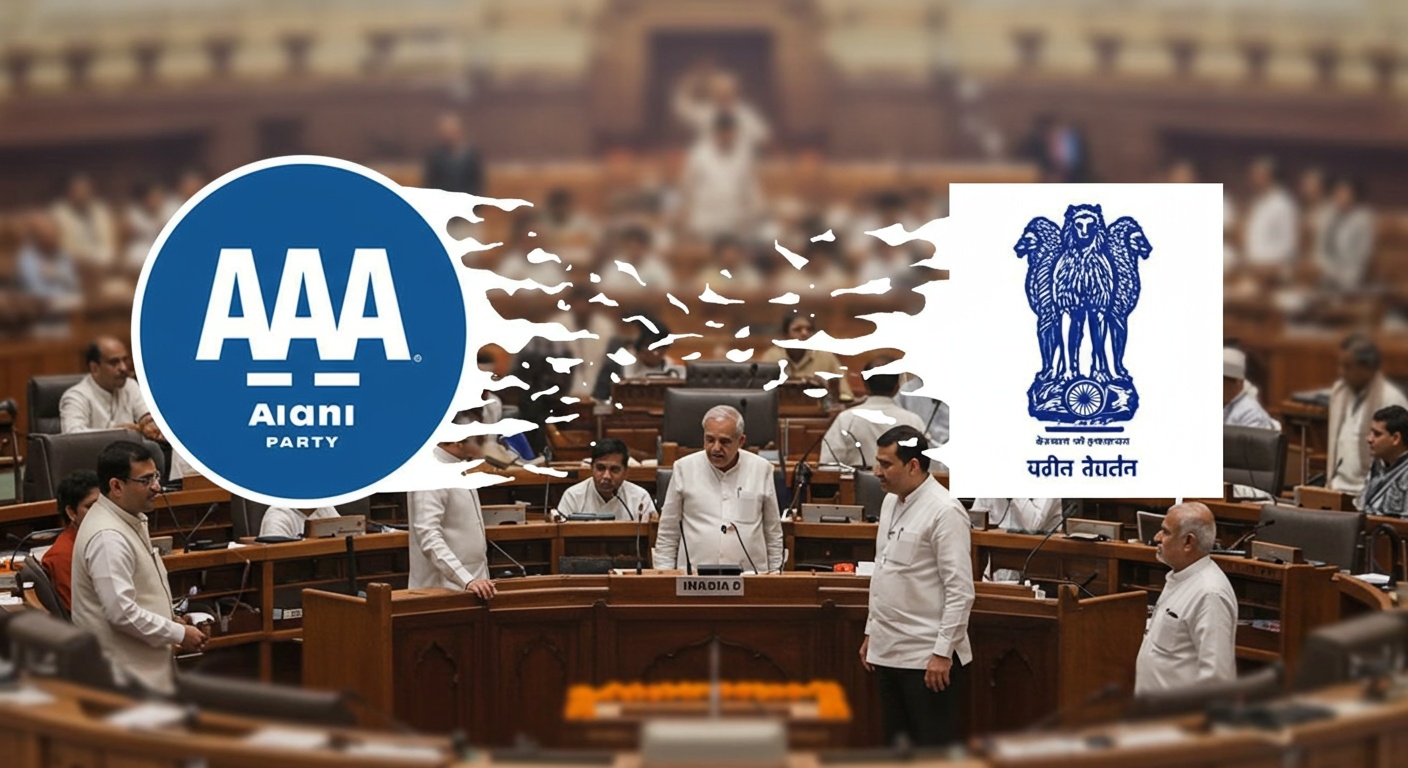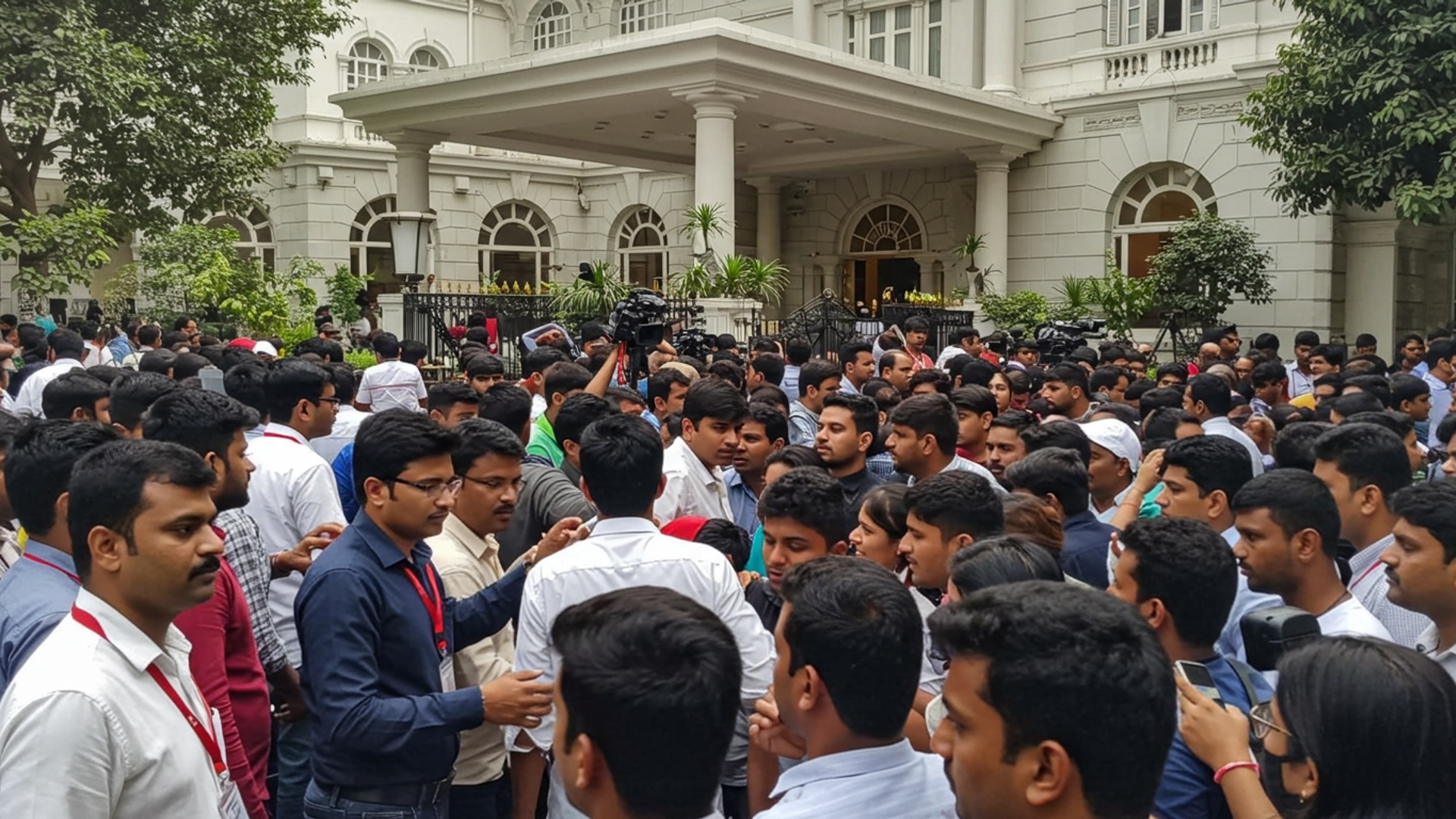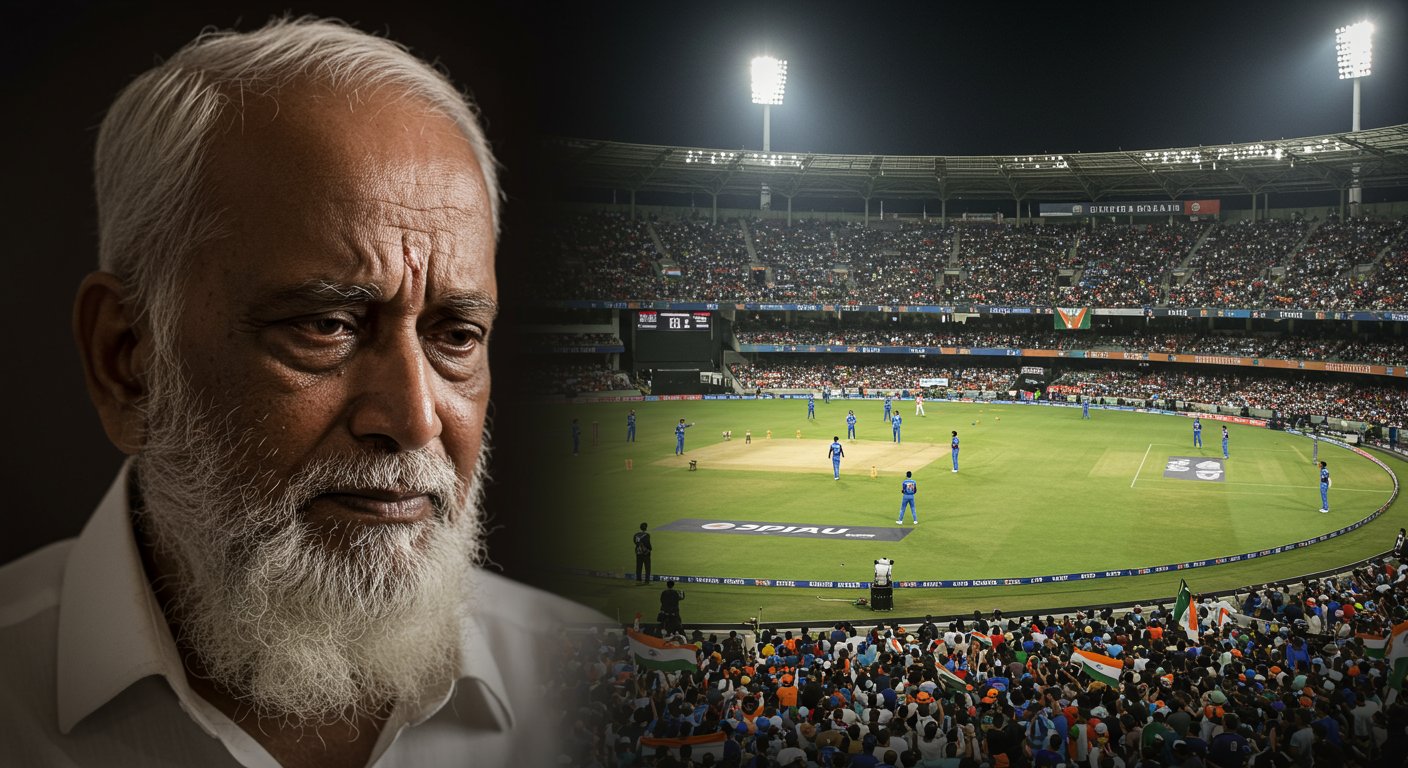The Bihar government today significantly increases financial support for those who took part in the historic JP Movement, doubling their monthly pension. This immediate action offers crucial aid to hundreds of freedom fighters and their families across the state, recognizing their sacrifices during the 1970s struggle led by Jayaprakash Narayan for a total change in the country. The move comes as a key step to honor the lasting impact of this major people’s fight, which shaped the future of India and directly helps those who stood up for a better society decades ago.
What the Government Has Done
The Bihar government has recently approved a plan to double the pension amount for individuals who took part in the Jayaprakash (JP) Movement. This decision was made at a cabinet meeting led by Chief Minister Nitish Kumar. The new pension rates will start from August 1, 2025. Under the updated “JP Senani Samman Pension Scheme,” those who were jailed for more than six months during the movement will now get ₹30,000 per month, which is up from the earlier ₹15,000. For those who were imprisoned for up to six months, their monthly pension has gone up from ₹7,500 to ₹15,000. This means the pension amounts have been exactly doubled for both groups of beneficiaries. In cases where a veteran who was receiving the pension passes away, their husband or wife will continue to receive the same pension amount.
Who Gets This Support
The pension is given to “JP Senanis,” which means political activists who were put in jail during the Emergency period (1975-77) because they supported the movement led by socialist leader Jayaprakash Narayan. These individuals were often held under laws like the Maintenance of Internal Security Act (MISA) or Defence of India Rules (DIR). Currently, there are 3,354 people in Bihar who receive this pension. This pension plan, named after Jayaprakash Narayan, was first started by Chief Minister Nitish Kumar in 2009. Even though the Chief Minister himself meets the conditions to receive this pension, he has never taken it. Some notable people who are currently getting this pension include Lalu Prasad Yadav, a former Chief Minister of Bihar. Sushil Kumar Modi, a former Deputy Chief Minister. To be eligible, a person must have taken part in the movement between March 18, 1974. March 21, 1977.
Why This Help is essential
This move by the Bihar government aims to honor the sacrifices and contributions of those who bravely fought for democratic values during the JP Movement. Chief Minister Nitish Kumar has said that this step is a way to show respect for their role in the development of Bihar. The increased pension aims to help these veterans and their families live with dignity and avoid money problems. It recognizes their crucial role in challenging misrule and corruption during a difficult time in India’s history. The government believes it is crucial to ensure that those who have contributed greatly to society and the state are well-supported.
Understanding the JP Movement
The Jayaprakash Movement, also known as the Bihar Movement or the Total Revolution (Sampoorna Kranti), was a major political protest that started in the Indian state of Bihar in 1974. It was led by the respected Gandhian leader, Jayaprakash Narayan, who was also known as JP or Lok Nayak, meaning “People’s Leader.” The movement began with students protesting against corruption and bad governance in the state government. Over time, it grew much bigger and turned against the central government led by Prime Minister Indira Gandhi. Key reasons for the movement included widespread corruption, high prices for goods, many people without jobs. strict government policies. JP called for a “total revolution” to bring big changes to India’s political system. The movement saw many peaceful protests, strikes. acts of civil disobedience, where people willingly got arrested to fill jails. In response to this growing unrest, the Emergency was declared on June 25, 1975. During this period, basic rights were taken away, the press was controlled. many opposition leaders, including JP, were put in jail. After the Emergency ended in 1977, JP helped unite different opposition parties to form the Janata Party. This party then won the elections, forming the first government at the center that was not from the Congress party. The JP Movement is seen as a very crucial part of India’s history after independence, showing the power of people’s resistance for democracy.
Why the Government Made This Change
Deputy Chief Minister Samrat Choudhary stated that the cabinet approved this pension increase to show respect for the JP Movement participants. This decision reflects the current government’s focus on honoring citizens who have made significant contributions to the state and society. Chief Minister Nitish Kumar himself was an crucial figure in the JP Movement, which began in 1974, a year before the Emergency was declared. The government also pointed out that it has previously raised other pensions, such as those for widows, elderly people. people with disabilities, from ₹400 to ₹1,100. Doubling the pension for JP Movement veterans is described as another step in providing respect and support. This development also comes at a time when assembly elections are expected to happen later in the year.
What People Think
The decision to double the pension has been met with positive reactions from many of the veterans and their families. It is seen as a long-awaited recognition of their difficult past and their fight for democratic values. The increased financial support is expected to bring much-needed relief to many who may be facing old age and health challenges. While specific quotes from beneficiaries are not available at the moment, the general sentiment among those aware of the scheme’s benefits is one of gratitude and appreciation for the government’s acknowledgment of their historical role. This move strengthens the idea that the government cares for those who stood up for what they believed was right, even at great personal cost. ![]()
